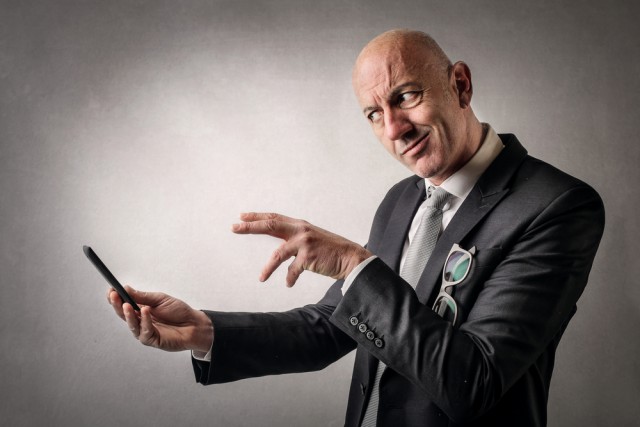
Get loads more free space on your Apple iPhone with this one weird trick (seriously)
I have to apologize upfront for employing such a well-known clickbait-style headline, but I’m genuinely about to show you how to immediately reclaim a lot of free space on a nearly full Apple iPhone using a weird trick. It’s not an April Fool’s either.
If you have an iPhone that’s close to running out of space, you can use this method to free up a sizable amount of storage. On my iPhone, which was filled to bursting with vacation photos, music and apps I managed to claw back a couple of gigabytes, which is some going.

An Apple 40th birthday reflection
Summer 1984, Chapel Hill, N.C., I learned something about prejudice and discrimination in America and saw my first Macintosh. Strangely, looking back at Apple, which celebrates its 40th birthday today, the two things connect.
As I reflected in Jan. 18, 2004, personal post: "Racism and Naiveté", I never thought much about skin color growing up in a region of America where most everyone is Caucasian. Northern Maine is a white wonderland for more than abundant snowfall. Strangely, though, my best friends had last names like Chung and Zivic. The local Air Force base, Loring, added color to the populace, and when it came to people I was decidedly colorblind.
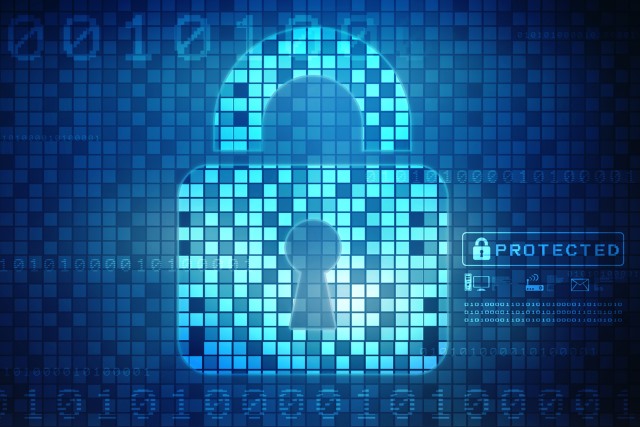
Mozilla brings better security to Firefox for iOS
Security has been in the news since Edward Snowden; before actually, just not as prominently. Now, in recent weeks, the headlines have focused on Apple over its iPhone dispute with the FBI, a saga that seems to have come to an end recently.
That is not, however, the only security that needs to be part of our daily lives. Web browsers represent yet another problem and most are working to add layers of protection for customers.
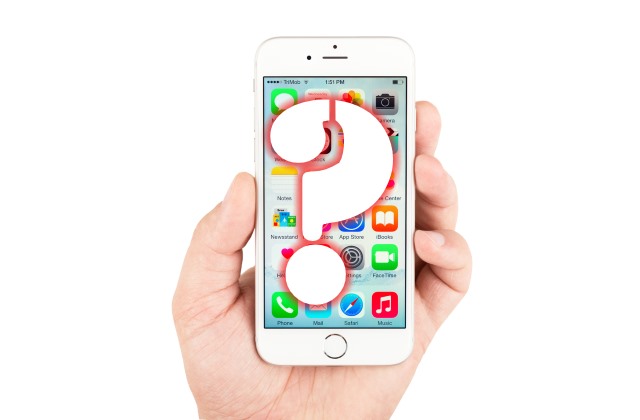
Apple responds to FBI iPhone hack, but questions remain
Yesterday, the FBI announced that it had managed to break into the San Bernardino shooter's iPhone sans help from Apple. The iPhone manufacturer will undoubtedly be pleased that the court case has come to an end without the company having to cave in and assist the agency.
In a statement, Apple said: "From the beginning, we objected to the FBI’s demand that Apple build a backdoor into the iPhone because we believed it was wrong and would set a dangerous precedent. As a result of the government’s dismissal, neither of these occurred. This case should never have been brought". But with the FBI's previous insistence that help from Apple was absolutely essential, some serious questions remain.
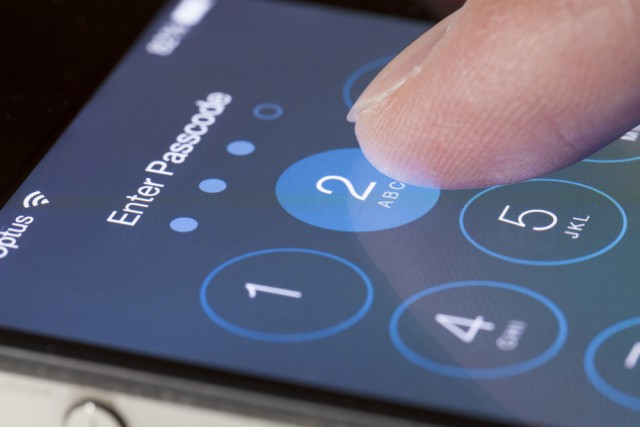
FBI cracks San Bernardino iPhone without help from Apple
The US justice department has announced that it has successfully cracked the iPhone belonging to the San Bernardino shooter, Syed Farook. The FBI was able to unlock the phone without help from Apple, ending the lawsuit that had pitted the FBI against Apple.
In a statement, the Justice Department said: "The government has now successfully accessed the data stored on Farook's iPhone and therefore no longer requires the assistance from Apple." It has been thought that Israeli security firm Cellebrite was helping the FBI, but the question now has to be asked about the security of other iPhones and whether law enforcement agencies will use the same technique to access data in the future.

Tech industry sides with Apple in San Bernadino iPhone case
The tech industry is on Apple’s side when it comes to the dispute with FBI over the unlocking of the San Bernardino shooter’s iPhone.
This was, once again, confirmed through a research done by security vendor AlienVault. According to the company’s survey, which polled 1,500 IT security professionals, 33 percent support FBI, while the rest think unlocking the phone will do nothing but weaken overall product security.

FBI can crack iPhone security and is classifying the method to prevent Apple fighting back
The FBI attempts to force Apple to unlock the San Bernardino shooter's iPhone have been in the headlines for a while now, stirring up debate about which side of the argument is in the right. Apple has refused point blank to help, but a recent twist saw the FBI changing its mind by saying it doesn't need Apple's help after all.
An outside party -- believed, but not known, to be Israeli security firm Cellebrite -- contacted the FBI to help access Syed Farook's iPhone. The Justice Department said it is "cautiously optimistic" that the proposed method, which is currently being tested, will be successful, but some reports suggest that it has already been used to break into some iPhones. Apple will obviously want to take steps to secure other devices if the hack is effective, but it has been classified to keep it secret.

FBI may be able to access San Bernadino iPhone without Apple's help
Unless you've been chilling under a rock, news of Apple's fight with the FBI has been everywhere. Even though the iPhone-maker is clearly on the correct side of the encryption-cracking battle, some have sided with the agency. I understand that people want to access the terrorist's phone as a way to thwart future attacks, but when we give up our rights and privacy, the terrorists win.
Today, using the excuse that it might have found a third party solution to cracking the terrorist's phone, the FBI has requested to cancel tomorrow's court appearance. A judge has officially granted the agency's request, postponing the court meeting until April 5.
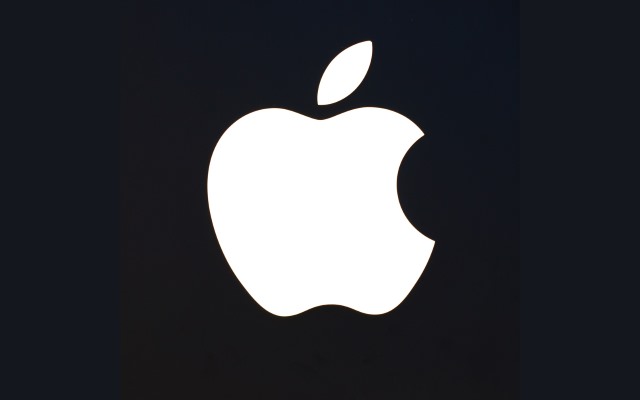
Apple releases iOS 9.3, OS X 10.11.4 El Capitan, tvOS 9.2 and watchOS 2.2 -- here's what's new
Apple just released iOS 9.3, OS X 10.11.4 El Capitan, tvOS 9.2 and watchOS 2.2, following its Let us loop you in event, which, among other things, saw the unveiling of iPhone SE, the 9.7-inch iPad Pro and new Apple Watch bands earlier today.
The latest batch of updates packs lots of changes, including security improvements and new user-friendly features but also bug fixes and better hardware support. Here is everything that you need to know.
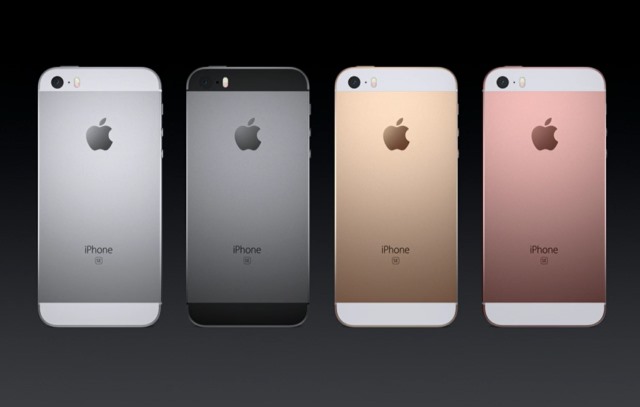
Apple launches smaller, cheaper iPhone SE
It has been rumored for some time now, but at its Let us loop you in event in Cupertino Apple finally took the wraps off the iPhone SE. It's a new iPhone, perhaps not the new iPhone everyone wants, but a new iPhone nonetheless. Speculation has been rife about what corners would be cut to keep the price down -- and, indeed, what the price would be -- and now we know.
As expected, the iPhone SE is a 4-inch handset and it blends features from the iPhone 5s and iPhone 6s to create a mid-range device that Apple hopes will not only appeal to new markets, but also help to retain existing customers put off by the price of higher-end iPhones. But what's inside the case? (And, no... there's no word on the iPhone 7 yet.)
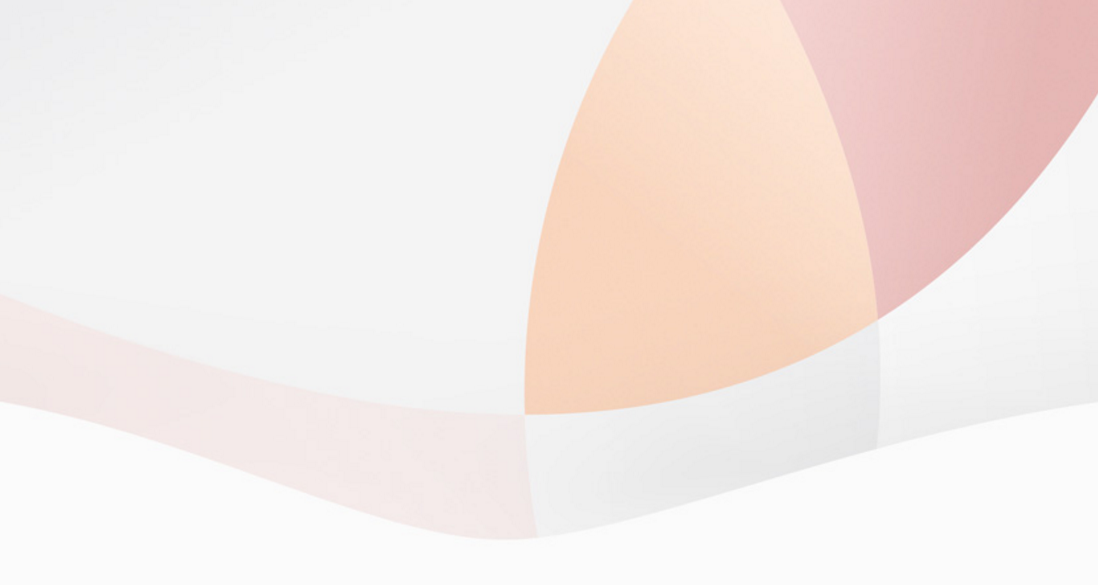
How to watch Apple's iPhone SE event live from iOS, OS X and Windows 10 devices
At the Let us loop you in event, Apple will unveil the smaller iPhone SE. The new smartphone is expected to attract more consumers to the brand, specifically folks who are looking for a more manageable, and perhaps more affordable, iPhone. Also in the cards is a new iPad Pro slate, which just like the aforementioned device, is expected to feature a smaller screen, in line with iPad Air 2.
Let us loop you in is shaping up to be an exciting event, and, if you are interested in watching it live, you will be able to tune in later today for the unveiling of the new iOS handsets. Here is what you need to know.
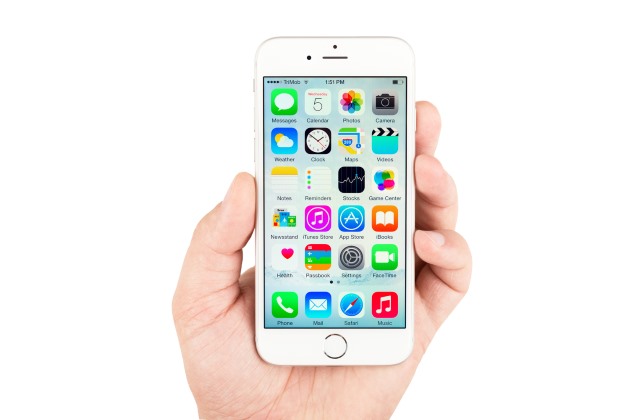
iPhone SE could rejuvenate Apple and encourage growth in new markets
We're living in the age of the smartphone and Apple has managed to carve itself a decent-sized chunk of the pie. But while each new iPhone is greeted with rapturous excitement, growth has declined recently to the point that a drop in sales in expected next quarter. Later today Apple is expected to launch the iPhone SE to counter this decline.
This smaller, cheaper handset would see the company venturing into new territory in a couple of ways. It would not only be the second time Apple has tried to appeal to the cheaper end of the smartphone smart -- the iPhone 5c being the first attempt -- but the iPhone SE could also see the company making in-roads into China as well as India and emerging markets.
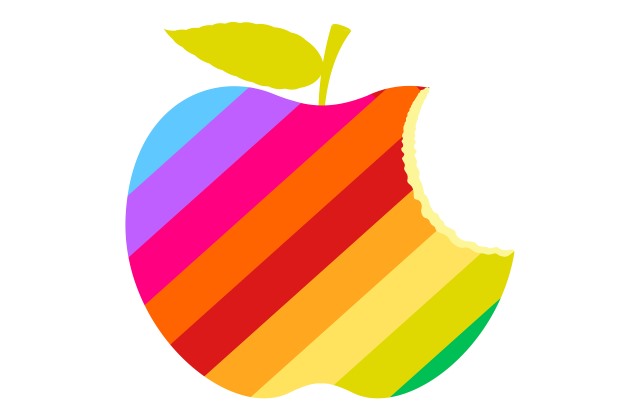
Apple's fight with the FBI is about LGBTQ issues as well as privacy
As the battle between the FBI and Apple rumbles on, the debate about encryption has intensified, bringing with it renewed discussion about privacy. There are few people who would want to give up their right to privacy and allow unrestricted access to their personal communication, but there are some for whom privacy is even more important.
Tim Cook is just one of the voices shouting that a backdoor for the government would be a backdoor for anyone. Most people and companies have sided with Apple saying that rather than backdoor access, what's needed is stronger encryption, greater security, even more robust privacy. It's something that has the support of people from all walks of life, but it's an issue that's very close to the hearts of the LGBTQ community.
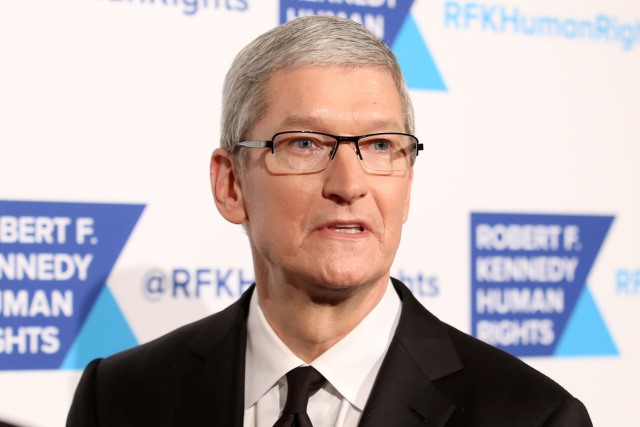
Apple vs FBI: Tim Cook concedes helping authorities is a theoretical possibility
In the Apple vs FBI fight, the issue is very black and white for many people; you support Apple's position of standing firm against the FBI, or you believe the FBI should have unfettered access to whatever data it wants, regardless of the consequences.
Tim Cook has been steadfast in his position, but in an interview with TIME the Apple CEO admits that the situation is not entirely binary. Presented with a thought experiment Cook appears to concede there are gray areas, opening up the possibility of assisting the FBI to break into the San Bernardino shooter's iPhone.
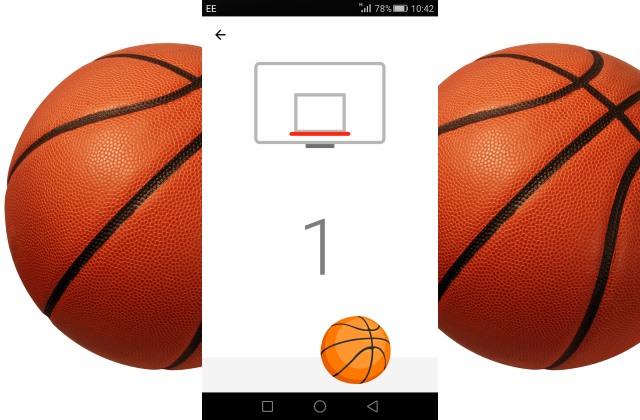
How to play Facebook's secret basketball game
Who doesn't love a good Easter egg? Apps, games and websites have all manner of hidden secrets, and Facebook is no different. It's not all that long ago that we showed you how to play the chess game secreted in Facebook Messenger and now another gem has been unearthed.
Also hidden away in Facebook Messenger you'll find a basketball game -- just in time for March Madness. Be warned, it's quite addictive but shooting some hoops is a great way to kill some time with a friend. All you need is an Android smartphone or an iPhone.
